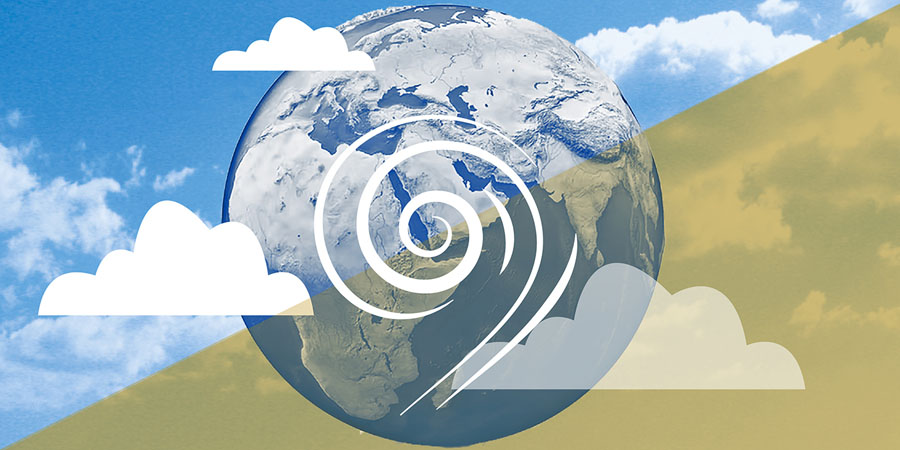Medical News & Perspectives | CLIMATE CHANGE AND HEALTH
Critical Care Physician Takes on Climate Change in New WHO Role
There’s no shortage these days of sobering climate statistics. The 10 warmest years on record have all occurred since 2010, according to the National Oceanic and Atmospheric Ad- ministration. This year’s June and July were the hottest of these months on record for both global land and ocean temperatures. In fact, July was likely the hottest of any month since global record keeping started in 1850.
JAMA: What are some of the various ways that the health of populations around the world is already being affected?
DR KERRY: What we’re seeing is a rise in disease across pretty much every disease grouping you could think of. [Climate change] creates an increase in vector-borne and communicable diseases. It creates an increase in noncommunicable diseases— cancer, cardiovascular disease, kidney dis- ease, pulmonary diseases. It creates an increase in maternal health issues and maternal mortality, with increases in still- births and preterm births……
Downloaded from: https://jamanetwork.com/ by Sandro Amaducci on 09/07/2023
Reviews and feature article Journal of Allergy and Clinical Immunology
Volume 148, Issue 6, December 2021, Pages 1366-1377
Climate change and global issues in allergy and immunology
The steady increase in global temperatures, resulting from the combustion of fossil fuels and the accumulation of greenhouse gases (GHGs), continues to destabilize all ecosystems worldwide. Although annual emissions must be halved by 2030 and reach net zero by 2050 to limit some of the most catastrophic impacts associated with a warming planet, the world’s efforts to curb GHG emissions fall short of the commitments made in the 2015 Paris Agreement. To this effect, July 2021 was recently declared the hottest month ever recorded in 142 years. The ramifications of these changes for global temperatures are complex and further promote outdoor air pollution, pollen exposure, and extreme weather events. Besides worsening respiratory health, air pollution promotes atopy and susceptibility to infections. The effects of GHGs on pollen affect the frequency and severity of asthma and allergic rhinitis. Changes in temperature, air pollution, and extreme weather events exert adverse multisystemic health effects and disproportionally affect disadvantaged and vulnerable populations. This review article is an update for allergists and immunologists about the health impacts of climate change that are already evident in our daily practices. It is also a call to action and advocacy, including to integrate climate change–related mitigation, education, and adaptation measures to protect our patients and avert further injury to our planet.
Keywords
1 di 36 13/09/23, 19:20
Climate change and global issues in allergy and immunology – Science Direct
https://www.sciencedirect.com/science/article/pii/S0091674921016225
Climate change; global warming; human health; allergy; asthma; vulnerable populations; air pollution;


